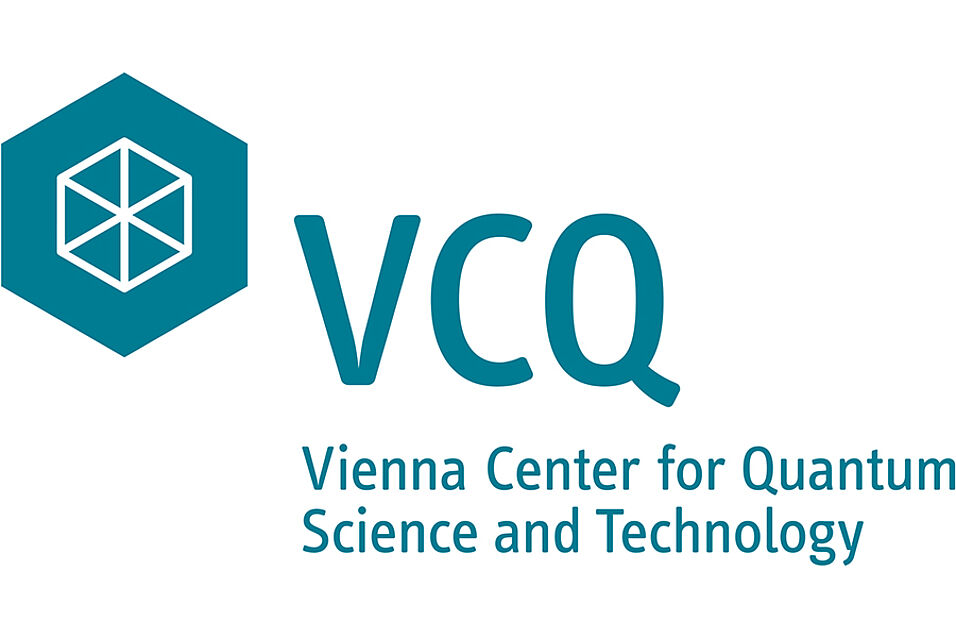Large-scale quantum (computing) experiments do not work in isolation. Substantial classical computing power is required to control the architecture and process its results. This necessarily creates information-transmission bottlenecks at the interface between quantum and classical realms.
In this colloquium, I will present quantum-classical interfaces that address these information-transmission bottlenecks. Dubbed classical shadows (of quantum systems), these leverage frame theory and high-dimensional probability theory to obtain a succinct classical description of the underlying quantum system. These can then be used to efficiently predict many features of the quantum system in a streaming fashion. Building on these ideas, we also establish mathematically rigorous synergies between quantum experiments (to obtain data) and machine learning (to learn how to make predictions).
17:00 Get-together with snacks
17:30 VCQ Student Talk: Martin Mauser

